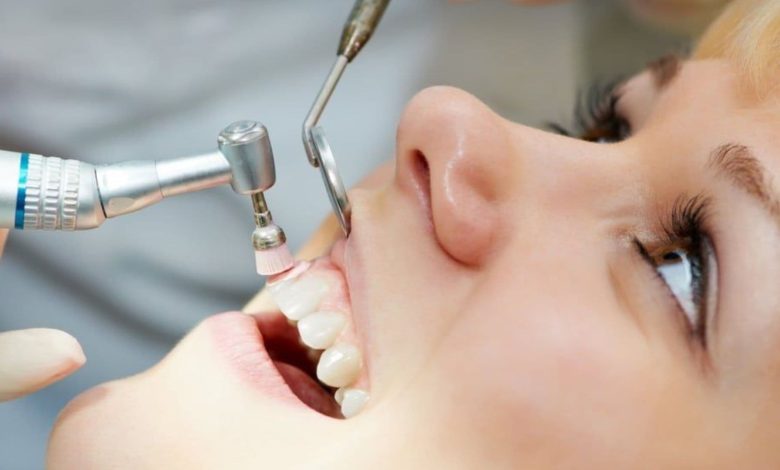
The Qualified Business Income (QBI) deduction, enacted as part of the Tax Cuts and Jobs Act of 2017, allows eligible taxpayers to deduct up to 20% of their QBI, plus 20% of qualified real estate investment trust (REIT) dividends and qualified publicly traded partnership (PTP) income. This deduction, also referred to as the Section 199A deduction, is applicable for tax years beginning after December 31, 2017, and ending on or before December 31, 2025. It benefits many self-employed individuals and those with pass-through entities like sole proprietorships, partnerships, S corporations, and some trusts and estates. The QBI deduction is available regardless of whether the taxpayer itemizes or takes the standard deduction. Dentists, who often operate as sole proprietors or through partnerships, can potentially benefit from this deduction, but certain factors can affect their eligibility.
Understanding the QBI Deduction
The QBI deduction is designed to support small businesses and self-employed individuals by lowering their effective tax rate. To qualify, taxpayers must have income from a qualified trade or business, which includes sole proprietorships, partnerships, S corporations, and some trusts and estates. This deduction is applied to qualified business income which is the net amount of qualified items of income, gain, deduction, and loss from any qualified trade or business. This can include income from partnerships, S corporations, sole proprietorships, and certain trusts. Examples of items that can be included are the deductible portion of self-employment tax, self-employed health insurance, and deductions for contributions to qualified retirement plans.
Dentists and Specified Service Trade or Business (SSTB) Classification
A key consideration for dentists is whether their practice qualifies as a Specified Service Trade or Business (SSTB). SSTBs, as defined by the IRS, include businesses where the principal asset is the reputation or skill of one or more of its employees or owners. Since dentists provide highly skilled services that rely on their expertise and reputation, they are generally classified as SSTBs.
Income Thresholds and Limitations
The QBI deduction for SSTBs, including dental practices, is subject to income limitations. For 2023, the deduction begins to phase out for single filers with taxable income exceeding $182,100 and for those married filing jointly with taxable income over $364,200. If a dentist’s taxable income exceeds these thresholds, the ability to claim the full 20% deduction may be limited or phased out completely.

Calculating the QBI Deduction for Dentists
To calculate the QBI deduction, dentists need to follow these general steps:
- Determine Qualified Business Income: This involves calculating the total income from the dental practice and subtracting ordinary and necessary business expenses allowed under section 162. This includes considering items such as unreimbursed partnership expenses, business interest expense, the deductible part of self-employment tax, self-employment health insurance deductions, and contributions to qualified retirement plans. However, it is important to note that this does not include certain items, such as wages, capital gains and losses, certain dividends, interest income not allocable to a trade or business, and income not effectively connected with the conduct of a US trade or business. For more details on what is included and excluded, refer to the QBI Flow Chart in the Instructions for Form 8995.
- Apply the Deduction Rate: Multiply the calculated QBI by 20% to determine the potential deduction amount.
- Consider Limitations: Take into account any limitations due to taxable income or SSTB status. If the dentist’s taxable income exceeds the applicable threshold, the QBI deduction may be reduced or eliminated.
- Complete the Appropriate IRS Form: To claim the QBI deduction, dentists will need to file either Form 8995 or Form 8995-A. Form 8995 is used for simpler situations, while Form 8995-A is required for those with more complex situations, such as having multiple businesses or facing specific limitations.
Additional Considerations for Dentists
Beyond the basic calculation, dentists should be aware of these additional factors:
- W-2 Wage Limitations: The QBI deduction may be further limited based on the W-2 wages paid by the practice. These limits apply when a taxpayer’s income exceeds the threshold amount.
- Qualified Property: The unadjusted basis immediately after acquisition (UBIA) of qualified property used in the dental practice can impact the QBI deduction calculation, particularly if the taxpayer’s income is above the threshold.
- State Tax Implications: State tax laws can have varying treatments of the QBI deduction, so dentists need to understand how their state’s regulations interact with federal rules.
Conclusion
Dentists can qualify for the QBI deduction, but their classification as SSTBs and their taxable income level are critical factors in determining eligibility and the deduction amount. Careful consideration of these aspects is crucial for effective tax planning. Consulting with a qualified tax professional is advisable to ensure accurate calculation and compliance with IRS regulations.

FAQs
What is the difference between Form 8995 and Form 8995-A?
Form 8995 is for taxpayers with simpler situations, while Form 8995-A is for those with more complex situations, such as multiple businesses or specific limitations.
How do I determine if my rental property qualifies for the QBI deduction?
Refer to IRS guidelines and consider factors like whether the rental activity qualifies as a trade or business and whether it meets the requirements of the safe harbor outlined in News Release IR-2019-158.
Where can I find more information about the QBI deduction for dentists?
Consult with a qualified tax professional and refer to IRS publications, including Instructions for Form 8995 and Instructions for Form 8995-A, as well as the resources listed in Qualified Business Income Deduction on the IRS website.